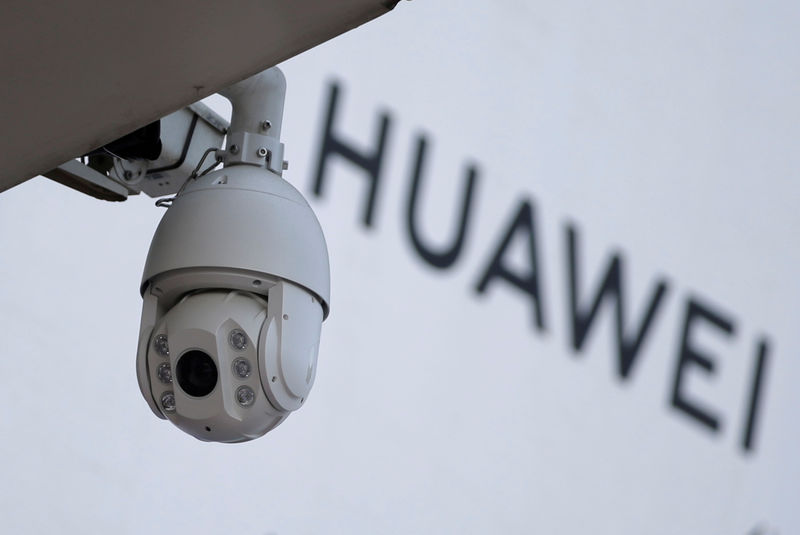Stock market today: Nasdaq closes above 23,000 for first time as tech rebounds
Investing.com -- Recently, Huawei Technologies has emerged as NVIDIA Corporation’s (NASDAQ:NVDA) most high-profile rival in the race to power artificial intelligence development in China. But according to a report from The Information, the Chinese tech giant is struggling to gain traction with major domestic customers despite rising interest in homegrown solutions.
Nvidia CEO Jensen Huang has publicly warned of Huawei’s growing capabilities and the broader acceleration of China’s chip development efforts due to U.S. export restrictions. Yet ByteDance, Alibaba (NYSE:BABA), and Tencent Holdings Ltd (HK:0700) (F:NNND) ADR (OTC:TCEHY), three of China’s AI leaders, have yet to place significant orders for Huawei’s Ascend chips, even as supplies of Nvidia’s products tighten under U.S. trade controls.
Multiple employees across leading firms told The Information that Huawei is "having a hard time convincing some of the biggest tech companies in China to use its chips." Engineers and executives at Chinese firms have voiced concerns over performance shortcomings with Huawei’s hardware, as well as fear of violating American trade laws.
Tests by firms such as ByteDance and Alibaba revealed issues with overheating in Huawei’s Ascend 910C chip and limitations in its software stack, Cann, compared with Nvidia’s industry-standard Cuda platform. Transitioning from Nvidia to Huawei would also involve a high switching cost, requiring a redesign of data center infrastructure, software, and engineering workflows. If the firms are to switch over to Huawei chips en masse, executives say that the company must adapt to its platform.
Some developers, like DeepSeek, may play a pivotal role in shaping Huawei’s trajectory as others watch closely to see whether an ecosystem can form around its chips. “If DeepSeek is willing to adopt Huawei’s chips and software in AI training extensively, it will attract many open-source developers to build their models on Huawei’s ecosystem. But at the moment, that isn’t the case,” said Bernstein semiconductor analyst Qingyuan Lin, cited by The Information.
Huawei’s new AI compute system, CloudMatrix 384, attempts to compensate for individual chip performance by linking as many as 384 Ascend processors together. But the system faces technical roadblocks, including high power consumption and lack of native support for FP8, a low-precision number format essential to cutting-edge AI training.
A further complication is geopolitical: a recent U.S. Department of Commerce warning puts companies using Huawei’s advanced AI chips at risk of “substantial criminal and administrative penalties.” This has already led at least one Chinese data center firm to cancel a tentative order for Huawei hardware.
Despite these obstacles, Huawei has secured meaningful sales to state-owned enterprises and local governments. But for now, top-tier Chinese tech firms show no sign of abandoning Nvidia, whose products still dominate high-performance AI systems, even as the regulatory pressure tightens on both sides of the Pacific.
